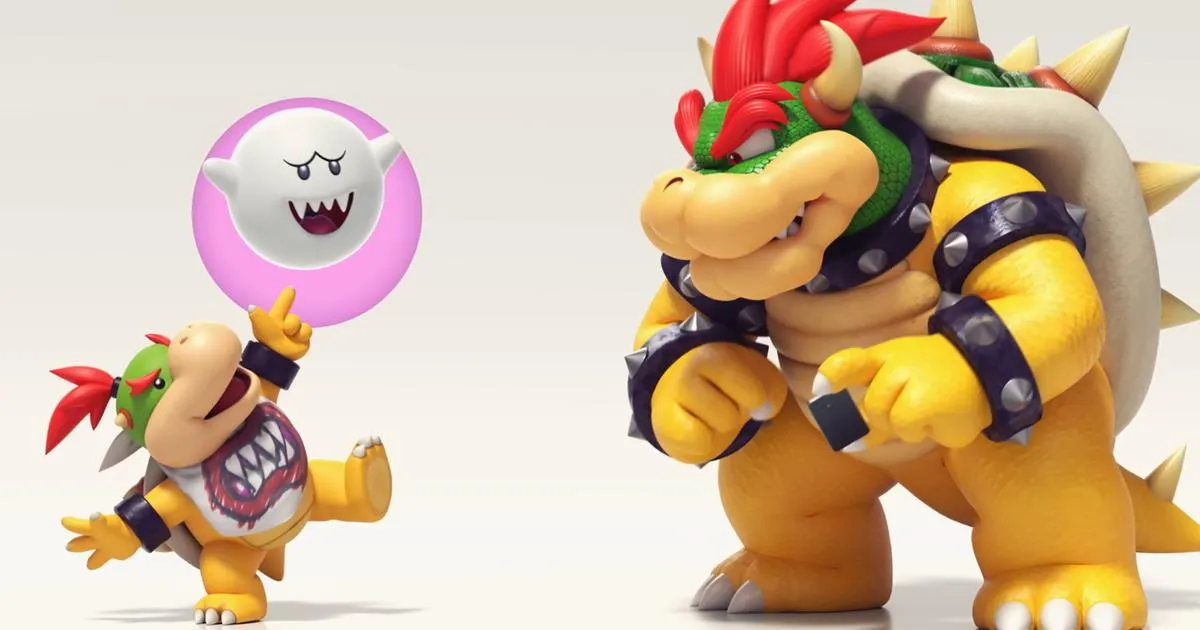
Nintendo has recently made significant updates to its Nintendo Account Agreement, introducing stringent measures aimed at preventing unauthorised use of its digital products. This move is part of a broader strategy to combat emulation and piracy. All users with a Nintendo account, including those subscribed to Eurogamer, will have received an email notification linking them to the updated policy.
As highlighted by Game File's Stephen Totilo, there have been notable changes in the wording of the Licence for Digital Products section. For UK accounts, the revised agreement now stipulates that digital products are strictly licensed for personal and non-commercial use. Furthermore, any unauthorised use of a digital product may lead to the product becoming unusable. This is a significant shift from the previous language, which allowed for more leniency.
In comparison, the US agreement emphasizes that failure to comply with the restrictions may result in the Nintendo Account Services and/or applicable Nintendo device being rendered permanently unusable, either in full or in part. This highlights Nintendo's commitment to enforcing these new terms across its user base.
To provide context, here’s a comparison of the original wording, effective since April 2021, and the latest updates:
The original text stated: "You are not allowed to lease, rent, sublicense, publish, copy, modify, adapt, translate, reverse engineer, decompile or disassemble all or any portion of the Nintendo Account Services without Nintendo's written consent, or unless otherwise expressly permitted by applicable law."
In contrast, the UK update specifies: "Any Digital Products registered to your Nintendo Account and any updates of such Digital Products are licensed only for personal and non-commercial use on a User Device. Digital Products must not be used for any other purpose." This new language reinforces the importance of adhering to Nintendo's guidelines and the consequences of non-compliance.
The implications of these updates are significant for Nintendo users. The agreement clearly states that users must not lease, rent, or otherwise distribute digital products without written consent from Nintendo. Moreover, any attempts to modify or reverse engineer these products may result in them becoming unusable. This stringent approach aims to protect Nintendo's intellectual property and ensure a fair gaming environment for all.
In addition to the changes in the account agreement, Nintendo has also updated its Privacy Policy in anticipation of the upcoming release of the Switch 2. Notably, Nintendo will now have the ability to record video and voice chats stored on user consoles for a limited time, provided users give their consent. This feature is designed to address instances of language or behaviour that violate applicable laws, enabling the company to review the last three minutes of recorded interactions.
The introduction of this feature is particularly timely as it coincides with the launch of the Game Chat function on the Switch 2, allowing players to engage in video calls during gameplay. This move aims to foster a safe and family-friendly online environment within the Nintendo community.
Moreover, in March, Nintendo celebrated a significant legal victory over the French file-sharing company Dstorage, which the company stated is a landmark development for the entire gaming industry. This legal success underscores Nintendo's ongoing commitment to protecting its digital assets and ensuring that players can enjoy a secure gaming experience.
Overall, these updates to the Nintendo Account Agreement and Privacy Policy reflect Nintendo's proactive stance against piracy and its dedication to maintaining a safe and enjoyable environment for all users. As the gaming landscape continues to evolve, such measures are essential in safeguarding the interests of both the company and its loyal players.